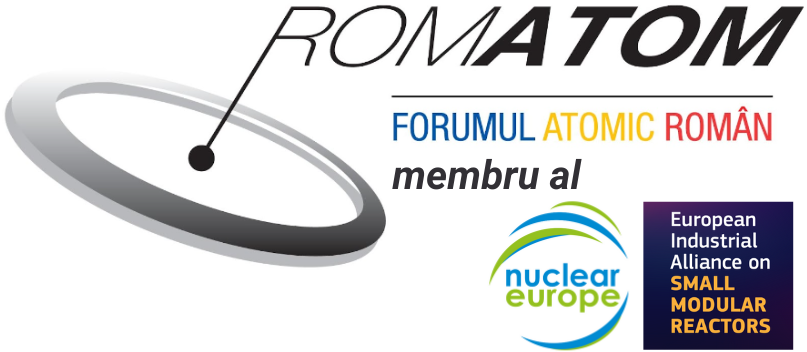The nuclear industry in Romania welcomes the result of international negotiations in Paris, concluded on Friday, December 11, 2015, after two weeks of intense discussions.The United Nations Conference on COP21 climate change has led to a global growth agreement agreement below 2 ° C, confirming "the irreversible transition to a low -carbon, safer and healthier world", as said Christiana Figueres, executive secretary of UNFCCC.The result of the 21st Conference of the Parties (Cop 21), held under the aegis of the United Nations between November 30 and December 11, 2015, the document was unanimously adopted by the 195 participating countries.
"The nuclear industry in Romania appreciates the balanced language of the agreement, which denotes a neutral approach to the technologies for the production of electricity with reduced carbon emissions.Carbon is certainly in the attention of the Romanian authorities.It must be said that the project of units 3 and 4 from Cernavoda, expected by the nuclear industry in Romania, is in these requirements, the nuclear being a low carbon emissions technology, ”said Marius Gheorghiu, the general director of Elcomex Ia, the company that owns Romatom.
In our opinion, in achieving the consensus on a non-discriminatory approach, an important role was played by the initiative "Nuclear Energy for Climate" (nuclear4climated) launched by the French Nuclear Energy Society (Szen), the American Nuclear Society (ANS) and the European Nuclear Society (ENS), initiative supported by the Romanian Atomic forum,Romanian "Nuclear Energy"-Aren, together with the Arena Young Generation (Aren-YGN) Romania network and the Women Association in Nuclear (Win) Romania.
We also find that not only the nuclear industry, but also Eurelectric - the voice of the electric industry in Europe, believes that in order to reach the target to be produced without carbon emissions "we must use all technologies with low carbon emissions: more renewable, but also clean coal, and gas, and nuclear."In this context, the completion of the project of units 3 and 4 will contribute, together with units 1 and 2, which are in operation at the Cernavoda nuclearoelectric power station, to the substantial reduction of carbon emissions, increase of Romania's energy security and ensuring electricity at bearable prices for consumers.
The role of nuclear energy is significant in environmental protection, the two nuclear units existing in Romania contributing to the reduction of carbon dioxide emissions by approx.12,000,000 tonnes CO2/year, which would otherwise occur by burning fossil fuels.This effect will be doubled with the completion of two more nuclear units.
Currently, the 130 nuclear reactors, existing in 14 of the Member States, generate about 30% of the electricity produced at the European Union level, representing 50% of the electricity with low carbon emissions, at the European Union level.
***
About Romatom: Romatom was set up on January 10, 2001, when 14 companies, with private or state capital, as well as two non-governmental associations, decided to set up the Romanian Atomic Forum.Currently, Romatom has over 30 members.The association aims to promote the use for peaceful nuclear energy in Romania and to support the national nuclear program, as well as the coordination of all the activities assumed by the accession and participation of the Association in Foratom - the European Atomic Forum.At the same time, Romatom advocates for the protection and promotion of the interests of its members, representing the voice of the national nuclear industry, considering the technological and acquired know-how level, in order to fruiting them in practice.
Sources:
http://www.eurelectric.org/news/2015/eurelectric-hails-successful-outcome-from-paris-climate-change-conference/
http://unfccc.int/resource/docs/2015/cop21/eng/l09r01.pdf
http://www.eurelectric.org/media/184593/eurelectric__positionpapercop21-final-2015-030-0421-01-e.pdf
http://www.foratom.org/newsfeeds/381-foratom-welcomes-the-nuclear-for-climate-initiative.html
http://www.sfen.org/fr/le-blog-des-energies/cop-21-un-accord-de-paris-historique-et-realiste

